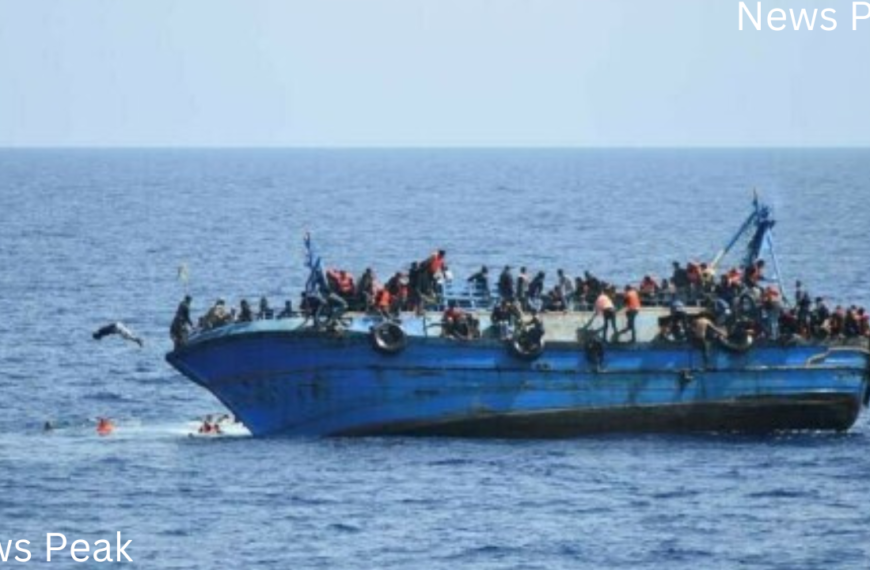
A strong protest note was sent by a Pakistani ambassador, and the special envoy is still talking with senior Afghan Taliban officials.Banned organizations broadcast videos allegedly depicting “slain men” alive and well in an effort to “debunk” reports of militant casualties.
PESHAWAR: Kabul’s foreign ministry said in a statement on Wednesday that the Afghan Taliban regime strongly protested with Islamabad over an airstrike that Pakistani jets had carried out the day before near the Afghan-Pakistan border, stating that Afghanistan’s territorial sovereignty was the red line for the ruling Islamic Emirate.
A strong protest note over the bombs of Pakistani military jets in district Bermal in Paktika province, close to the border just across the Durand Line, was submitted to Pakistan’s charge d’affaires by the Islamic Emirate of Afghanistan’s foreign ministry in the afternoon, according to the statement.
At a time when a Pakistani government emissary was in Kabul for negotiations with Afghan government officials, it denounced “aggression by Pakistani military.” It further stated that the murder of ordinary citizens by “certain quarters” was an effort to erode trust between the two nations.
The foreign ministry’s statement came after its defense ministry, which used tougher language and asserted that the majority of those slain and injured were both ordinary residents and refugees from Pakistan’s Waziristan tribal region.
The military’s media outlet, Inter Services Public Relations, and Pakistan’s Foreign Office have not yet provided official statements regarding the airstrikes in Paktika, which is located over the Durand Line from the unstable tribal districts of North and South Waziristan.
Following a one-year break, the visit was widely interpreted as an effort to reestablish diplomatic ties between the two nations, which are at odds over the banned Tehreek-i-Taliban Pakistan (TTP), whose presence in Afghanistan has been a point of concern between Kabul and Islamabad.
Ambassador Sadiq’s visit to Kabul was unaffected by the bombing incident, as evidenced by the fact that he met with Commerce Minister Nooruddin Azizi and Deputy Prime Minister Maulavi Muhammad Kabir on Wednesday to discuss bilateral issues pertaining to trade, security, peace, and the economy between the two nations.
The most recent escalation came after the TTP’s fatal strike in South Waziristan on Saturday, which claimed the lives of 16 members of the Frontier Corps paramilitary force. This was quickly followed by Chief of Army Staff Gen. Asim Munir’s Sunday visit to Wana, the regional headquarters of South Waziristan.
The latest incident in South Waziristan “was a significant trigger” for Tuesday’s attacks, “but not the only one,” according to a Pakistani security officer who spoke to AFP.
According to reports citing Pakistani security authorities, the attacks targeted camps controlled by Pakistani terrorist commanders as well as Umar Media, a hub for the TTP’s media branch. They said that over 60 members of the outlawed group were killed or injured in the attack.
The Afghan Taliban asserted that the deaths included “innocent women and children,” despite acknowledging that some of the deceased included “refugees from Waziristan,” a term that is being used in Pakistan as a euphemism for the TTP terrorists.
Social media accounts connected to the TTP, meanwhile, attempted to completely refute the assertions made by Pakistani security authorities, claiming that the head of their media cell and all of their leaders were still alive and unharmed.
To demonstrate that its leader, Chaudry Muneebur Rehman Jatt, was still alive, Umar Media even uploaded a video of him. Nevertheless, it was not possible to independently confirm the posts’ currency or legitimacy.
Publish News Peak








